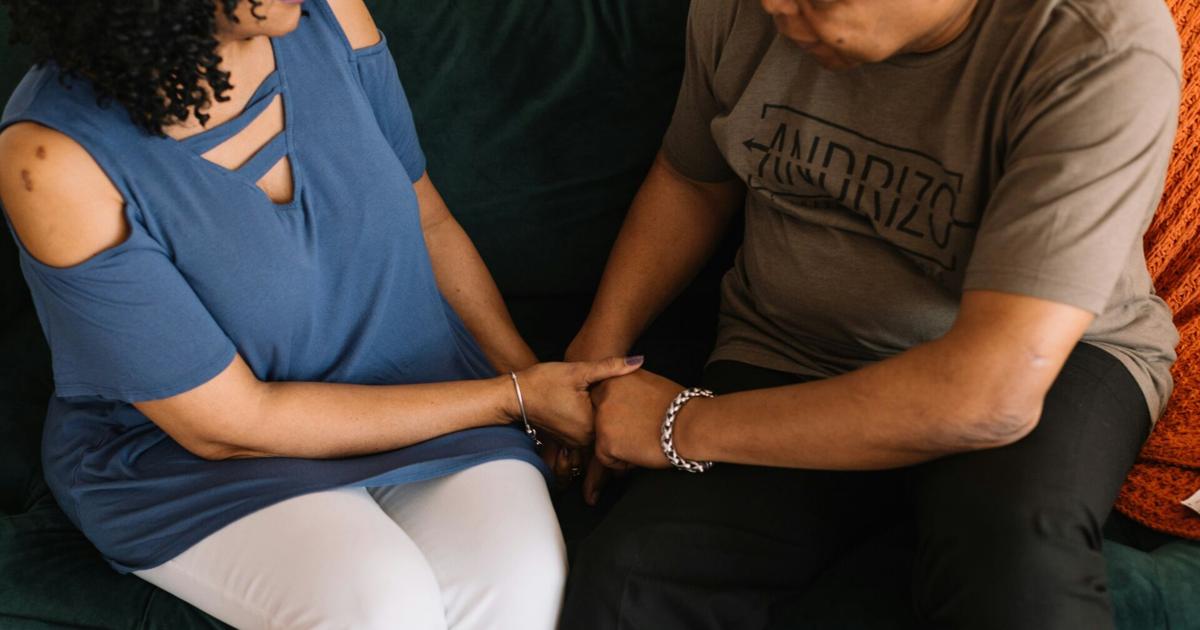In New Mexico, Medicaid is a critical lifeline that serves nearly 880,000 low-income children and adults. New Mexico is the nation’s top recipient of Medicaid, with 40% of residents relying on it for health care.
But now the One Big Beautiful Bill has introduced more than $1 trillion in Medicaid cuts that threaten to dismantle that safety net. New Mexicans need support more than ever.
Specifically, New Mexico desperately needs social workers who devote themselves to guiding the most vulnerable communities through hardships. As Medicaid requirements become increasingly challenging to navigate, their support is even more critical to ensuring vulnerable communities don’t fall through the cracks. Social workers can help reeling residents navigate eligibility requirements, application processes and regulatory compliance so that they can get the care they deserve.
But it’s not just some communities; all of New Mexico will feel the impact of these sweeping Medicaid cuts. Nearly 90,000 will lose coverage, and more than 250,000 will have to go through complex hoops just to stay enrolled.
As health care facilities grapple with billions in decreased funding, patients with and without Medicaid will face higher premiums and co-pays. Health care facilities will be forced to pass on costs to patients or completely shut down, creating an exhausting ripple effect across the state. This is where social workers step in by helping close the healthcare access gap.
Social workers help clients stay up-to-date with shifting health care policies and connect them with local organizations that provide medical, legal or social support. They also help ensure that inadequate access to transportation doesn’t stop clients from seeking treatment by helping them coordinate rides and appointments. This is critical to elderly, disabled and rural clients who may not have access to reliable transportation.
Rural communities will bear the brunt of Medicaid cuts. With at least 15 rural New Mexico hospitals already at risk of closure, the 37% of Medicaid enrollees who live in these areas will face a disproportionate loss of care. If these hospitals close their doors, patients will be forced to travel long distances to access basic health care. But this isn’t possible for everyone, since access to transportation remains a major hurdle in rural areas.
Beyond connecting people with essential services, social workers are also advocates for these vulnerable populations. They push for policies that support their clients’ needs and protect communities that can’t advocate on their own. They have a powerful responsibility and opportunity to speak out for those who are often left out of conversations, including people with disabilities, older adults and non-English speakers.
Social workers have long fought to ensure the state’s vulnerable populations have access to much-needed care, but they can’t do it alone. Now, as New Mexicans’ right to affordable healthcare is under threat, widespread community advocacy is more important and impactful than ever. Every New Mexican has a role to play, whether by calling on local legislators, advocating for increased investment in rural communities or volunteering with local grassroots organizations.
Social workers are pillars of care in New Mexico. They support our friends, family members and neighbors every day. Now is the time to stand with them and help them protect the health and dignity of our communities.
Dr. Richard L. Jones is the president of the board at Preferra Insurance Company RRG, a behavioral health liability insurance company overseen by social workers.
